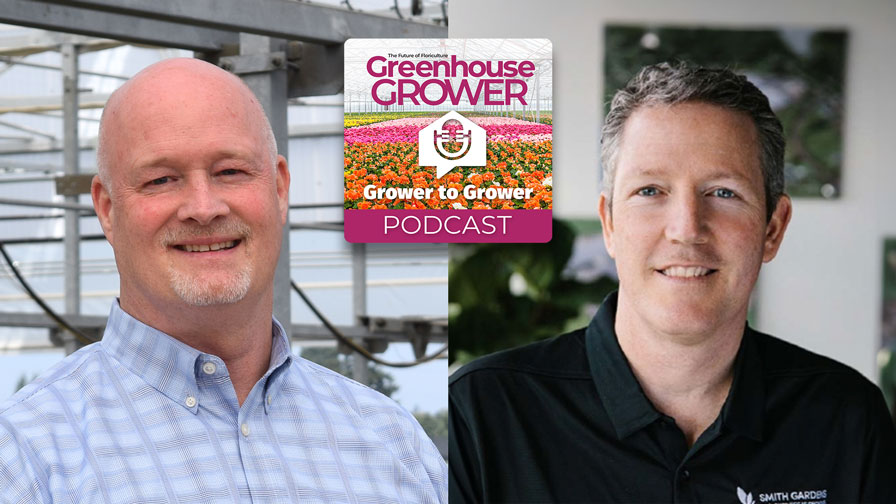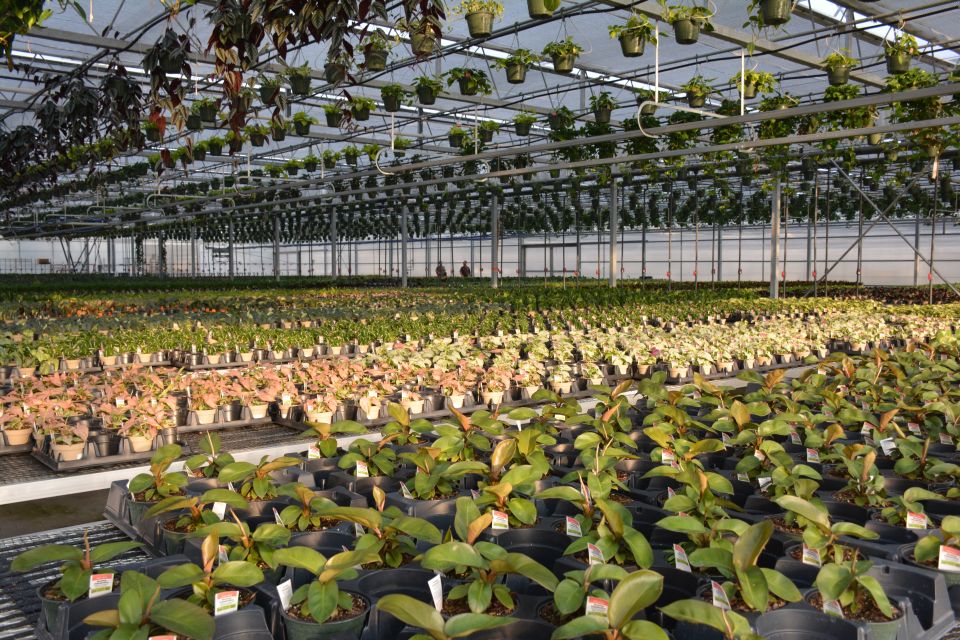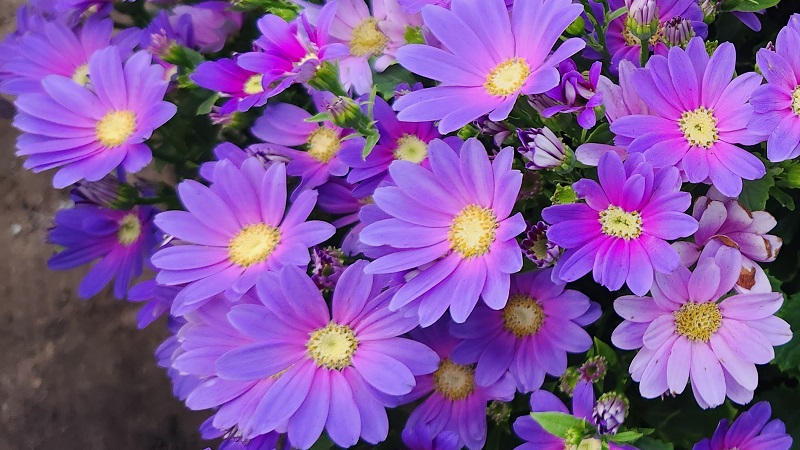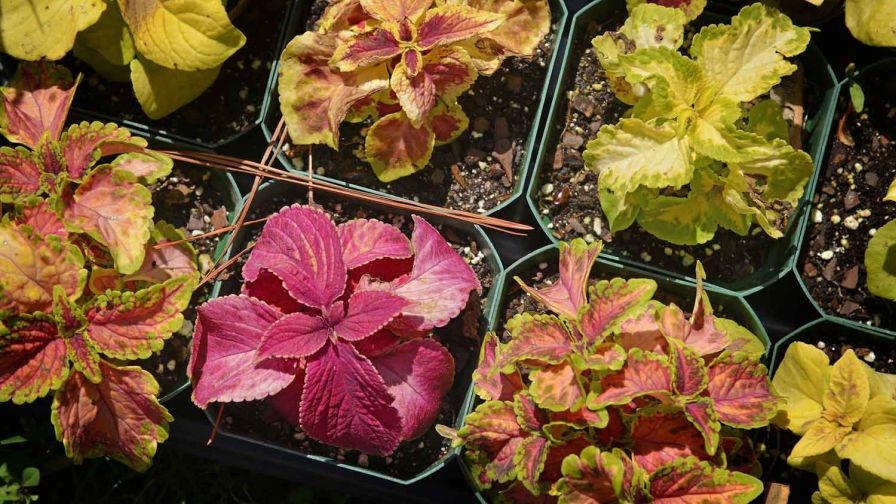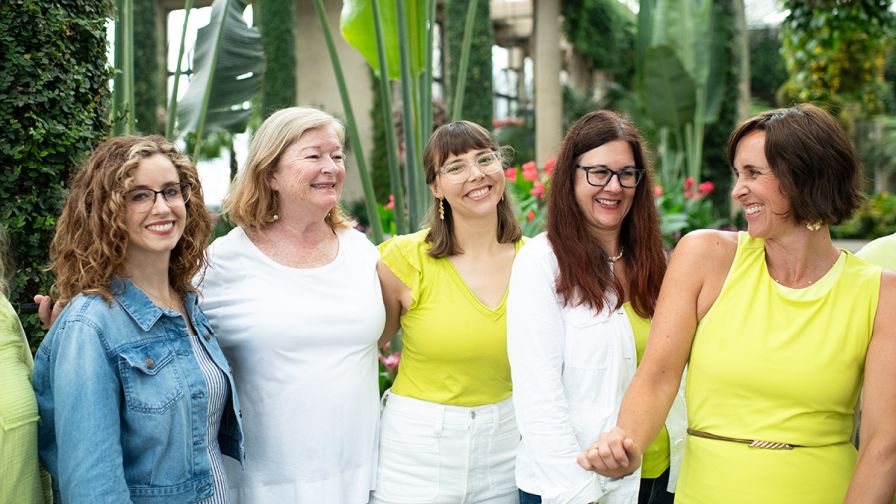Heliospectra and University of Tokyo Partnership to Boost Indoor Tomato Production
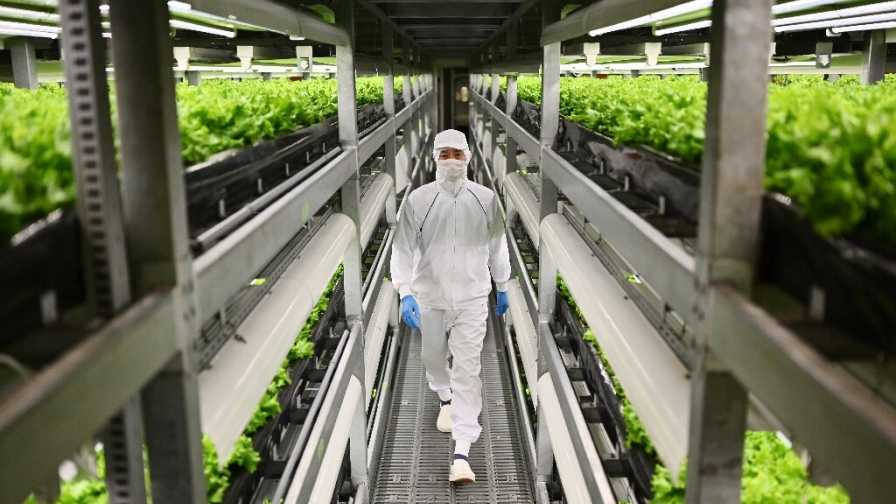
Japan already has approximately 200 lettuce factories using artificial light, and that number is expected to double by 2025. However, to date, plant factories have been unsuccessful in cultivating light-hungry vine crops such as tomatoes in indoor artificial light.
Heliospectra AB, a world leader in intelligent lighting technology for greenhouse and controlled plant growth environments, has formed a collaboration with the Institute for Sustainable Agro-ecosystem Services (ISAS) at the University of Tokyo. In an effort to redefine and unleash the potential of indoor tomato production, this is a joint research project with the University’s Institute for Sustainable Agro-ecosystem Services (ISAS), in collaboration with Associate Professor Wataru Yamori at the Agricultural Biology and Biogeochemistry Group, and Heliospectra Japan.
Not unlike what’s happening in the U.S., the average age of Japanese farmers is increasing, and with younger generations migrating to cities, traditional farming is facing a crisis. This is forcing the country to investigate new ways to produce food. Plant factories are scaling to meet consumer food demand, mainly in vegetable cultivation in both solar and artificial light environments, and the industry is growing. Japan already has approximately 200 lettuce factories using artificial light, and that number is expected to double by 2025. However, to date, plant factories have been unsuccessful in cultivating light-hungry vine crops such as tomatoes in indoor artificial light.
Working together, Heliospectra and ISAS are looking to build a business model for Japan’s plant factories and Plant Factory with Artificial Lighting (PFAL) organizations for indoor tomato cultivation. In the University lab, the professor and his students will be using Heliospectra’s MITRA linear. Designed by growers for growers, MITRA is ideal for high-light crops, with high-intensity light output and electrical efficacy of up to 2.8 µmol/J.
“We are very excited to be a part of this research together with Dr. Yamori and the ISAS at the University of Tokyo. Over the years, Heliospectra has conducted research on light’s effect on tomatoes in indoor facilities with great results,” says Yasuhiro Suzuki, General Manager of Heliospectra Japan. “We now look forward to further expanding our knowledge and developing more effective indoor cultivation of tomatoes for commercial use. We look forward to collaborating with the university and sharing with the world our knowledge of growing tomatoes indoors.”
The collaboration presents an opportunity for growing healthy, nutritious vine crops indoors on a global scale, and it is a strategically important installation for Heliospectra Japan as it builds its local market presence.




